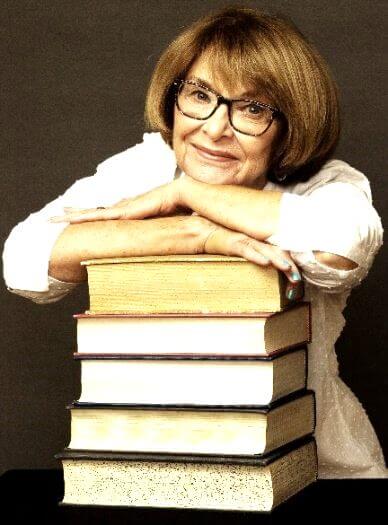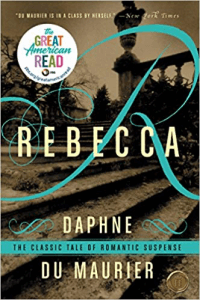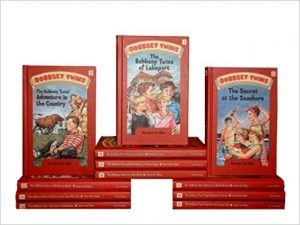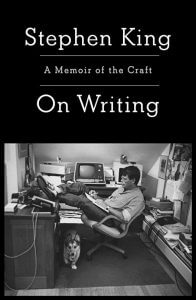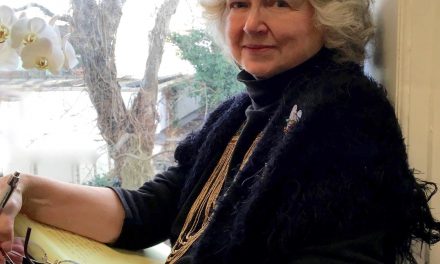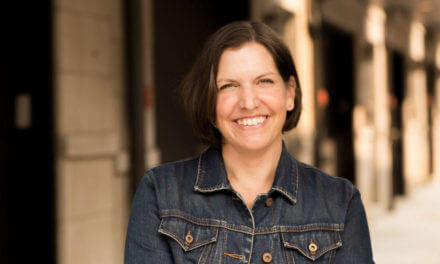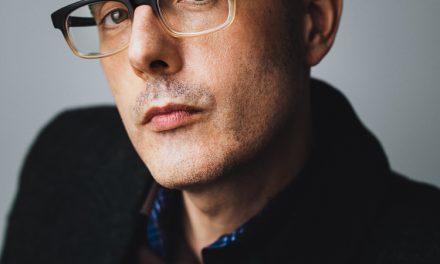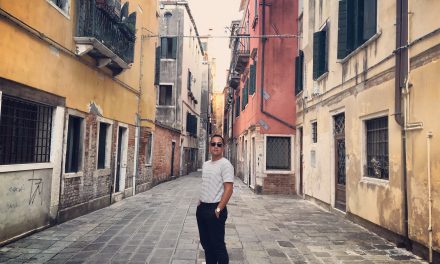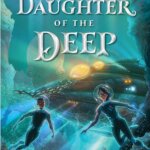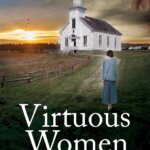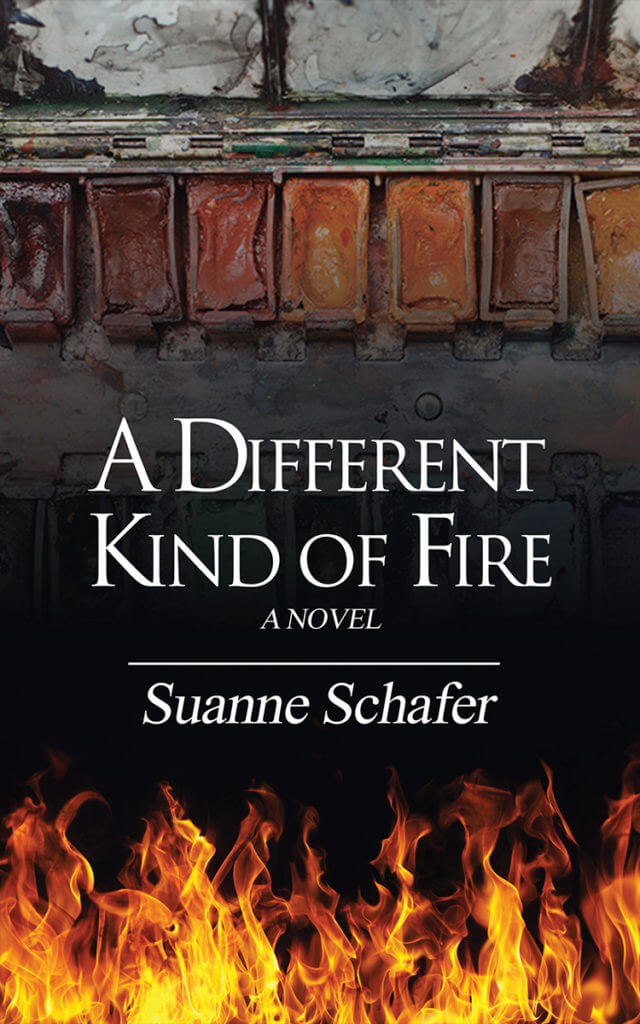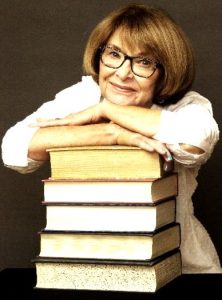
SS: Have you always been driven to write? Or did you begin writing in response to a particular stimulus?
BB: I have always been driven to read. In college I majored in literature, so the writing I did was literary criticism. I didn’t start writing fiction until I was fifty. The stimulus for writing the first story was a childhood incident I had carried around in my head for years. I told myself that someday I would write it down. At the age of fifty, I did. The story placed in a contest in the Carolina Woman newspaper. And I have never looked back.
SS: What in your childhood contributed to you becoming a writer?
BB: Growing up in Iowa in late nineteen forties, fifties, and sixties. Although I have lived away from the state longer than I actually lived there, Iowa is deep in my heart, deep in my bones. My parents and siblings, the farm, the whole experience of a close community before technology gave us wider world views.
SS: How do you give back to the writing community?
BB: The city of Raleigh, NC where I live has a vibrant writing community. I attend as many events as possible where my friends are appearing, not only to enjoy their event, but to give them my support. We critique each other’s work. When someone contacts me for advice about how to get started writing, I do my best to encourage them, suggest books or classes, and generally be as helpful as I can.
SS: Are you looking to entertain or illuminate?
BB: I am looking to create escapism. I guess that would be entertaining. To write a book my readers can lose themselves in.
SS: Do you believe you write the kind of book you’d want to read?
BB: Always.
SS: Khaled Hosseini (The Kite Runner) feels he discovers a story rather than creates it. Are you a plotter? Or do let the novel develop organically?
BB: I am a pantser. For me, “the writing gives birth to the writing.” I don’t remember who wrote that, but it is not original. When I start, I know the time period, the place, some of the things I want to write about, and vaguely how it will end. I discover the rest as I write.
SS: Over time, what would you say has improved significantly in your writing?
BB: Everything. I have belonged to a wonderful writing critique group for years, and I have learned so much from them. I am grateful to know these people.
SS: According to F. Scott Fitzgerald (The Great Gatsby), a novel is never really finished but only abandoned. How does this apply to your own work?
BB: There are always things I could change and keep changing and keep changing some more.
SS: What are you currently reading?
BB: I just finished When We Left Cuba by Chanel Cleeton.
SS: What books inspired you as a child? As an adult?
BB: As a child I loved The Bobbsey Twin books. As an adult (young adult) Daphne Du Maurier’s Rebecca blew my mind. I love the novels of Rosamund Pilcher’s The Shell Seeker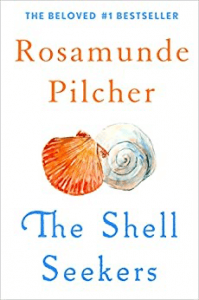
SS: Have any new writers grasped your interest recently?
BB: Jennifer Ryan, Chanel Cleeton, Jane Healy to name a few.
SS: Name a classic you feel guilty about never having read.
BB: I have tried to read Remembrance of Things Past by Proust. It is incredibly slow.
SS: Which book(s) do you return to again and again?
BB: Oddball ones: Once Upon A Town by Rob Greene and No, I Don’t Want to Join a Book Club by Virginia Ironside.
SS: Who is on your Mt. Rushmore of all-time great writers (choose four faces to carve into your monument)?
BB: Daphne Du Maurier, Rosamund Pilcher, Bill Bryson, and Peter Mayle
SS: What was your first recognition/success as an author?
BB: My short story, “The Sunday School Picnic,” placed in a Carolina Woman writing contest.
SS: What’s something memorable you’ve heard from your readers/fans? What’s been the best compliment?
BB: I couldn’t put it down!
SS: Julian Barnes (The Sense of an Ending) says that one of the things he has learned as he grew older is how to manage time in a novel. Have you found an effective technique for this?
BB: Not yet, but I am getting better.
SS: Where and when is your book set? How did you decide on the setting? The timeframe?
BB: My book is set in 1965 small town Iowa, Chicago, and Hollywood. I grew up in the sixties in small town Iowa. The lure of that period and setting will never diminish for me.
SS: What advice would you give aspiring writers?
BB: Never, ever give up. Believe in yourself even when others don’t. Listen to advice, but only take what feels right to you in your gut.
SS: Are there any books on writing you find particularly useful and would recommend?
BB: Stephen King’s On Writing.
SS: Nearly everyone I interview recommends King’s book. What’s the best writing advice you’ve ever received?
BB: Never give up.
SS: Can men write women’s fiction?
BB: Yes.
SS: It is often believed that almost all writers have had their hearts broken at some point in time. Does that apply to you?
BB: Yes, but I won’t explain the circumstances.
SS: Do you believe in real-life happily-ever-afters? Does women’s fiction have to have a HEA?
BB: I don’t believe there is a happy ever after. I have been married for 52 years. There have been times when I was unhappy, but I had faith that my contentment would return and it did. Women’s fiction, IMHO, should have a satisfying ending. That doesn’t necessarily mean candy box happy, but that the heroine has made peace with what has happened or that there is room for hope.
LIGHTNING ROUND:
Another genre that you would love to write: A ghost novel
When writing, are you a night owl or morning person? Morning
Pantser or Plotter? Pantser
Your favorite guilty pleasure: Macadamia nuts and chardonnay
********************

